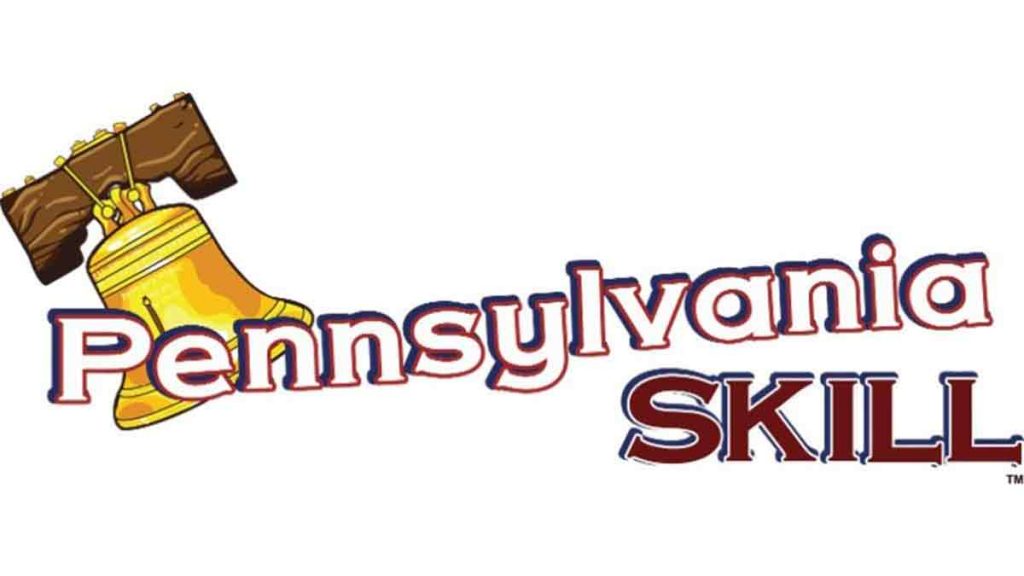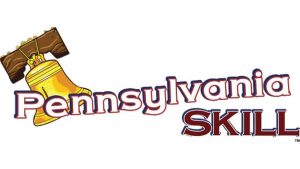Pennsylvania Skill games—slot-like machines that blend elements of chance and skill—are a growing presence in small businesses and social clubs across the Keystone State. Yet their unregulated status has sparked fierce debates among lawmakers, the casino industry, and the public.
Now, they are in the spotlight again. As the Pennsylvania General Assembly reconvenes on January 27, 2025, these games are poised to take center stage in legislative discussions, with potential changes that could reshape the gaming landscape.
A New Push for Regulation
Top Republican leaders, including Senate President Pro Tempore Kim Ward and Senate Majority Leader Joe Pittman, have called for a comprehensive regulatory and taxation framework for skill games. They argue that such measures would enable the state to monitor the number of machines in operation, ensure fair payouts, and collect much-needed tax revenue.
In a memorandum to their Senate colleagues, these lawmakers emphasized the need for consumer protections and safeguards against addiction. They also highlighted the absence of enforceable age restrictions, which they say leaves the machines vulnerable to misuse.
Governor Josh Shapiro has also weighed in on the issue, proposing a 42% tax rate on skill games during his last budget address. Although the proposal stalled in the legislature, the governor’s office has confirmed that revenue projections from skill games will be included in his upcoming February 4 budget speech.
The Current Situation
Skill games are different from traditional slot machines because they involve some player input. State courts decided that this makes them stand out from games that are purely based on chance. Thanks to this differentiation, these machines can function outside of the limits of the Pennsylvania Gaming Act, which regulates gaming establishments with valid licenses.
Herein lies the issue. Skeptics say the uncontrolled nature of skill games represents serious dangers, whereas supporters say they have helped local companies financially during tough economic times. There are now worries about compulsive gaming, underage gambling, and possibly money laundering as a result of the regulatory gap.
Pennsylvania’s regulated casino industry has been a vocal opponent of skill games, citing their impact on slot machine revenue and state tax collections. Casinos have to pay substantial licensing fees and share more than half of their slot revenue with the state, creating a stark contrast with the unlicensed and untaxed skill game operators.
Potentially far-reaching consequences will result from the Pennsylvania Supreme Court’s assessment of the question of whether skill games are more dependent on skills than chance. Proponents and operators will be more confident with a decision that maintains their position, but a gambling equipment classification will almost certainly result in greater regulation.









